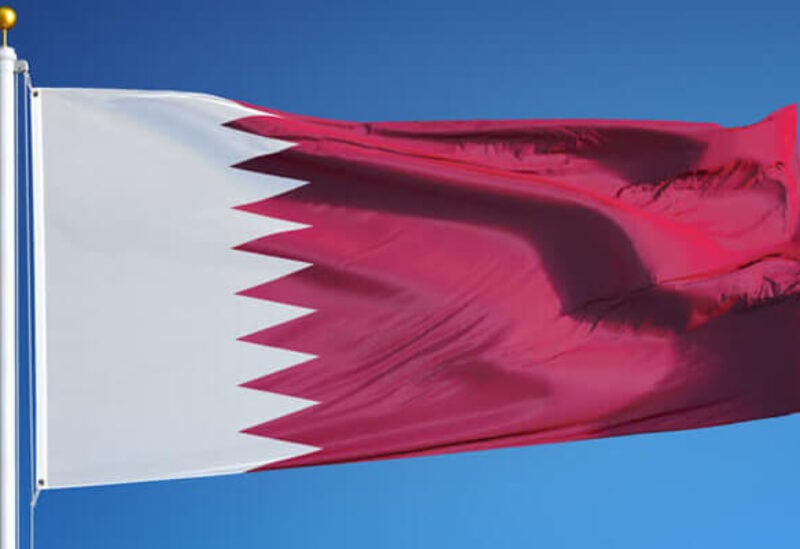
The Qatari flag
Arab League’s Assistant Secretary-General, Ambassador Hossam Zaki, conveyed to the Secretary-General of the League, Ahmed Abou Al-Gheit, a detailed report on his visit last Monday to Lebanon, and the discussions he held with Lebanese officials. According to diplomatic sources, Zaki’s report included, the Lebanese leaders’ affirmation of the best relations with the Gulf, especially Saudi Arabia. But without any progress being made regarding the implementation of Zaki’s vision that he brought to Beirut, especially with regard to the resignation of Information Minister Georges Qordahi, as an entry point for discussing any solution. As the contacts made during the past hours with Qordahi, did not carry any response from him, and still refuses to resign, which led to a deadlock in the current situation.
Presidency sources confirmed to “Sawt Beirut International” that Qaordahi does not want to resign, and that it is difficult to dismiss him, as his dismissal would lead to a big problem in the country. The sources indicated that Zaki will discuss the outcome of his visit to Beirut with Saudi officials, with whom he had made prior contacts, and got their approval to undertake the endeavor. And while waiting for a reaction, there is nothing new. The sources express their belief that not all Gulf states will agree to any additional escalation with Lebanon, given the real conditions that prevail in the Lebanese situation, although they said that if the Gulf states wanted an escalation, they could do so.
The sources pointed out that a possible freezing of Lebanon’s membership in the Arab League was not discussed at all, and the issue was not raised. It also wonders how Lebanon’s membership would be frozen, and Syria would return to the League. The sources do not dismiss the possibility that Qordahi, and after conducting an assessment of the situation, takes the step of resigning on his own.
It also revealed that Lebanon has not received any information about a visit by the Minister of Foreign Affairs of Qatar next week, and that Qatar will assess the results of Zaki’s visit to Beirut before deciding to send its foreign minister. Because any visit of the Qatari minister, without achieving any breakthough, could result in more dangerous consequences, and Qatar would carefully consider its steps before taking them.
Arab diplomatic sources say that despite the unanimous Arab and Gulf stance, about “Hezbollah’s” persistance to distance Lebanon from its Arab brothers, there are two points of view about how to deal with Lebanon’s crisis with the Gulf.
The first is the necessity of reforming the Lebanese-Gulf relations as soon as possible, so that this distancing would not constitute an incentive for Iran to gain more control over Lebanon and increase its control over its decision. The second is the necessity for the Gulf to complete the escalatory approach it took towards Lebanon, to pressure its officials to respect their country’s sovereignty, respect its free decision, and work to limit Hezbollah’s influence and control over the country.
A prominent deputy opposed to the Iranian attempts to control Lebanon says, that the failure to resolve the problem with the Gulf is due to the fact, that the authority and the government are not on the same distance from the problem. I f the authority was in the government, the decision would have been taken in a sovereign way. Minister Qordahi would have been dismissed, and Hezbollah’s movements would have been limited. It would also have developed an integrated plan to deal with the situation in the Gulf. So far, the most that the prime minister has been able to do, is wishing on Qordahi to resign. Authority should be is indivisible, and it must have one decision, but what is happening now is a farce.
According to diplomatic sources, there is also the problem of the absence of an arbiter in any internal conflict, if we are to go back to the reference of the constitution. In a presidential system, the President of the Republic decides the solution. In a true democracy, the minority is subordinate to the majority. As for the consensual system, the solution requires the consent of all parties and sects. This is in addition to the fact that in a dictatorial regime, the ruler is the strongest, and he is the one who makes the decisions.